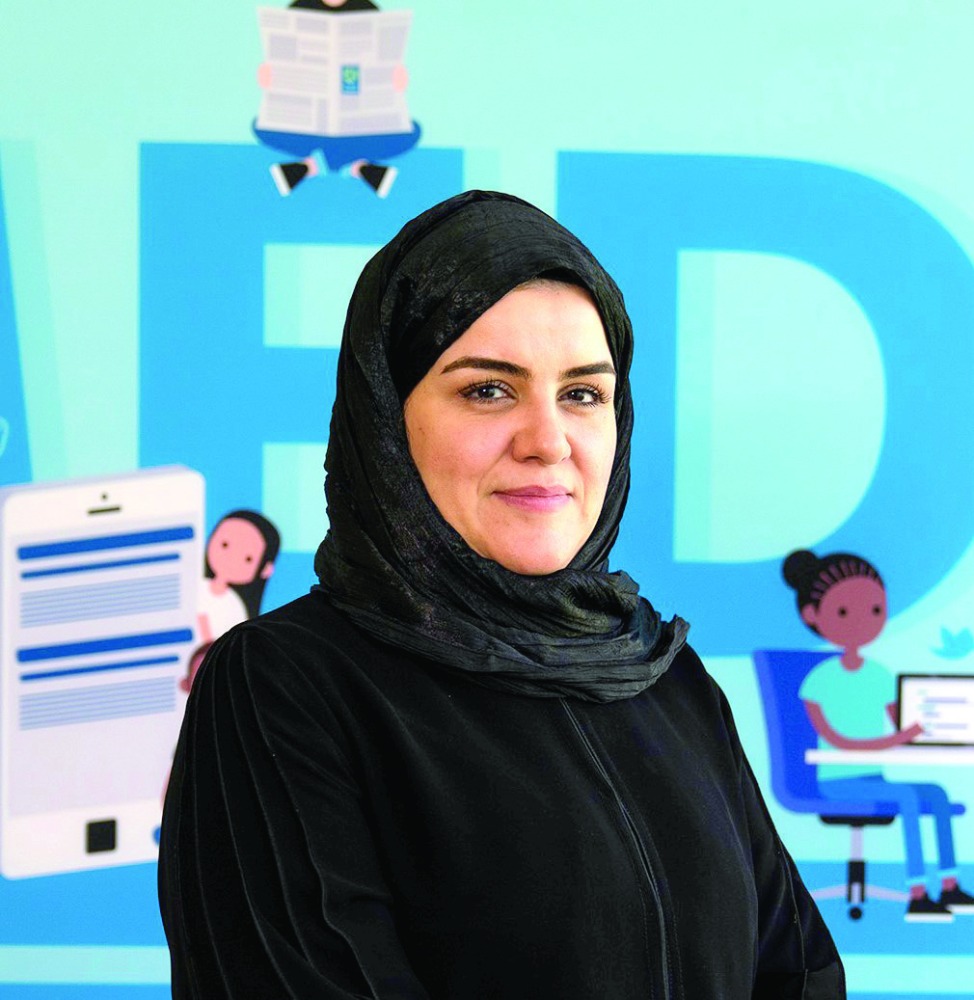PHCC Celebrates World Breastfeeding Week

Under the slogan ‘Step Up for Breastfeeding – Educate and Support’ coined by the World Alliance for Breastfeeding Action (WABA), the Primary Health Care Corporation (PHCC) is celebrating World Breastfeeding Week from 1 to 7 August.
PHCC, in cooperation with the Ministry of Public Health (MoPH) and Hamad Medical Corporation (HMC), spread awareness among community members on the importance of breastfeeding for the health of both the child and the mother.
There were national efforts under the supervision of the health sector to support breastfeeding through the implementation of the Baby Friendly Hospital Initiative (BFHI) to protect, promote and support breastfeeding, including several laws, programs and policies supporting breastfeeding.
Dr. Sadria Al Kuhji, Assistant Medical Director for Child and Adolescent Health and Senior Health Officer for Healthy Children and Adolescents at the MoPH’s National Health Strategy, said: “The celebration included posting awareness messages on social media platforms on the importance of breastfeeding and its role in protecting the child from diseases. PHCC had a live streaming on Instagram and Facebook on the importance of breastfeeding and how to continue to breastfeed when going back to work. It also distributed gifts to nursing mothers to focus on the health benefits of breastfeeding.”
PHCC organized an awareness corner in all health centers with printed leaflets in Arabic and English explaining the benefits and importance of breastfeeding and covering composition of breast milk that help protect from diseases and some common childhood infections. In addition to the direct benefits of breastfeeding for babies, it also ensures the baby’s lifelong health as breast milk contains natural antibodies that help protect the baby from common child diseases, such as diarrhea and other types of infections.
It is recommended to have exclusive breastfeeding during the first six months of a child’s life, followed by continuous breastfeeding with adding complementary food until the child reaches two years as breast milk still fulfills part of the baby’s needs during this period.
Studies have shown that breastfed adults and adolescents are less likely to be obese or overweight than others and are less likely to develop type 2 diabetes, as well as having higher IQs.
Breastfeeding not only provides benefits to the baby but to the mother as it is a natural way of family planning and spacing between births, which protects the health of the mother. Studies have also proven that breastfeeding reduces the risk of breast cancer, ovarian cancer, type 2 diabetes, and postpartum depression.
Dr. Al Kuhji added that breastfeeding contributes to reducing the complications during the first weeks after birth, reducing stress and anxiety, and preventing chronic diseases for the nursing mother, such as obesity, cardiovascular diseases, and high blood fat. Breastfeeding also saves money and time and provides a clean source of nutrition in the right temperature.